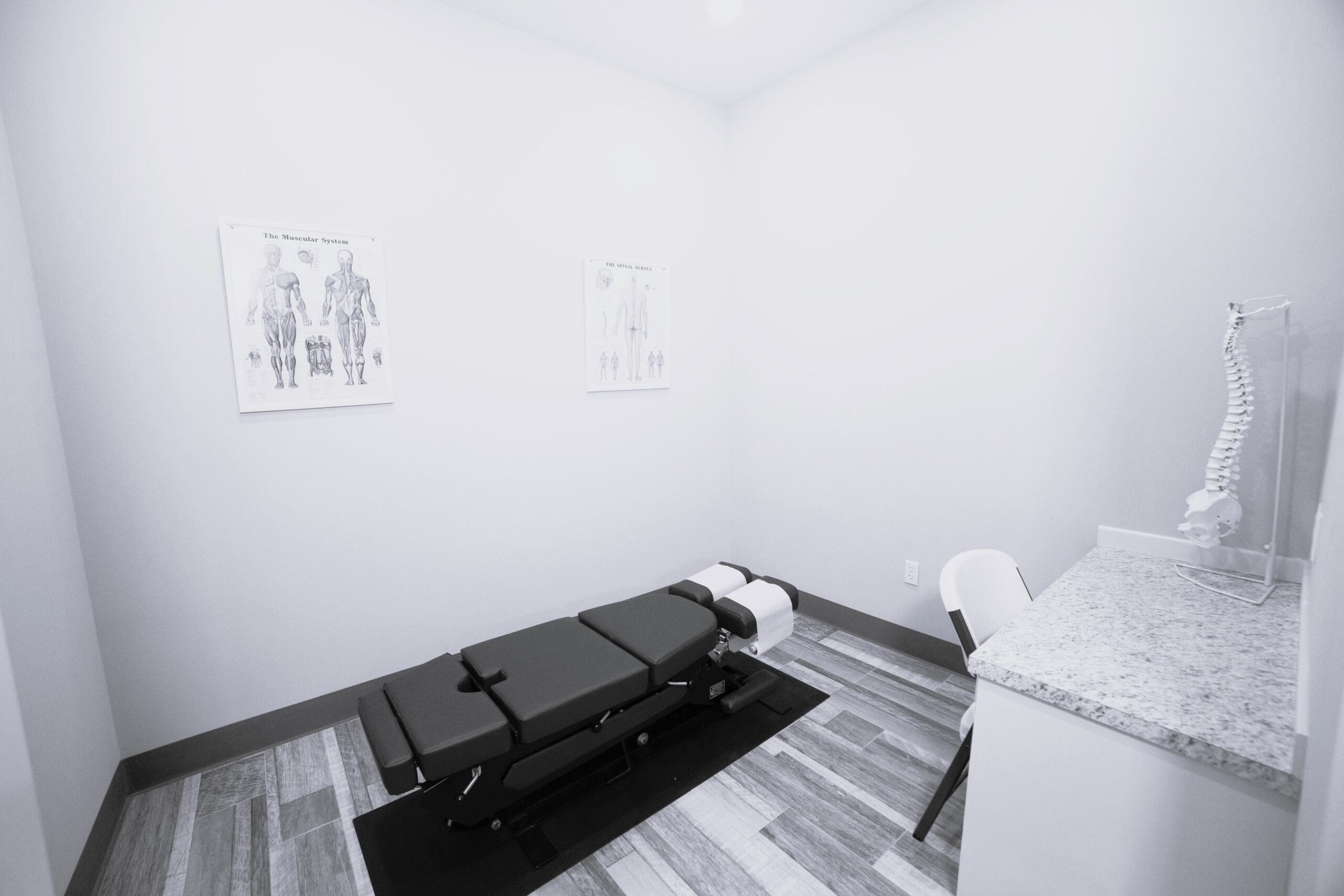In the unpredictable seas of economic downturns, Chiropractic offices can not only weather the storm but also set sail for success. As the winds of change blow, it’s time for chiropractors to not just survive but thrive. In this guide, we’ll explore three robust strategies along with actionable steps to help Chiropractic offices not only weather economic recessions but also emerge stronger than ever.
Understanding the Landscape: Chiropractic Offices in Recession
In the face of economic uncertainty, the phrase “Chiropractic Offices in Recession” echoes the concerns of many practitioners. However, history has shown that businesses can not only survive but flourish during tough times with the right strategies in place.

1. Strategic Patient-Centric Marketing
In times of recession, marketing isn’t just about attracting new patients; it’s about fostering loyalty and trust. Here’s a step-by-step guide to implementing a patient-centric marketing strategy:
a. Communicate Empathy:
Craft empathetic marketing messages that acknowledge the economic challenges. Highlight how chiropractic care contributes to overall health, emphasizing preventive wellness to reduce long-term healthcare costs.
b. Patient Education Webinars:
Host webinars or online workshops to educate patients about the holistic benefits of chiropractic care. Provide actionable tips for maintaining health between appointments, creating value beyond the office visit.
c. Loyalty Programs:
Introduce loyalty programs or discounted packages for existing patients, encouraging them to prioritize their well-being even in challenging financial times.
2. Operational Efficiency and Cost Management
Surviving a recession involves tightening operational belts without compromising patient care. Here’s how to streamline operations without sacrificing quality
a. Technology Integration:
Invest in practice management software to automate administrative tasks, reducing labor costs and minimizing errors. Leverage telehealth services for follow-up consultations to expand reach without increasing overhead.
b. Supply Chain Optimization:
Negotiate with suppliers for better rates and explore generic alternatives for commonly used chiropractic supplies. Regularly review inventory to prevent overstocking.
c. Cross-Training Staff:
Cross-train your team to handle multiple roles. This not only ensures flexibility but also creates a supportive environment where everyone can contribute to the overall efficiency of the practice.
3. Community Engagement and Partnerships
Building strong community ties can be a lifeline during economic downturns. Here’s how to create meaningful connections:
a. Wellness Workshops:
Collaborate with local businesses to host wellness workshops or events. Offer spinal health screenings or ergonomic advice for office workers. This not only promotes community health but also introduces your practice to potential patients.
b. Community Partnerships:
Forge partnerships with local fitness centers, yoga studios, or health food stores. Cross-promote services to tap into each other’s customer base, creating a win-win situation.
c. Pro Bono Services
Consider offering a limited number of pro bono services for those facing financial hardships. This not only fulfills a social responsibility but also generates positive word-of-mouth in the community.
Sailing Through Challenges
Chiropractic Offices in Recession can thrive! The key is adaptability and innovation. By focusing on patient-centric marketing, optimizing operations, and engaging with the community, chiropractors can not only navigate economic challenges but also emerge as beacons of health and resilience. In every storm, there’s an opportunity to adjust the sails and set a course for success.

